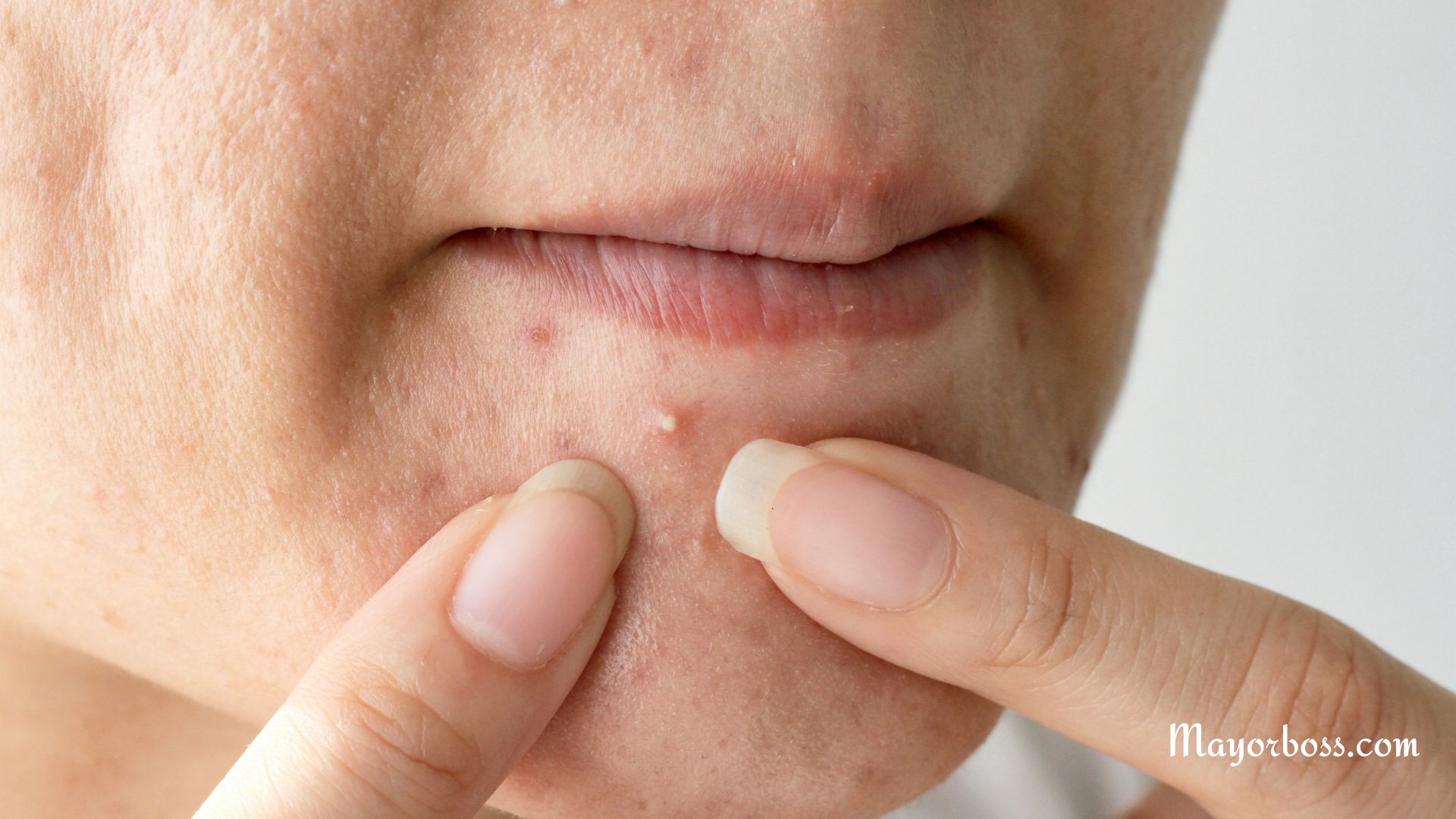Going to Sleep at These Hours May Lower Your Risk of Heart Disease
If you’re worried about your heart health, there’s one nightly habit you might want to pay more attention to: the time you go to sleep. Studies show that the time you fall asleep can have a big impact on your heart. In fact, changing your bedtime might be one of the easiest things you can do to help protect your heart.

How Your Sleep Schedule Affects Your Heart Health
The time you go to bed is important for keeping your heart healthy. A study from 2021 in the European Heart Journal says that people who usually fall asleep between 10 p.m. and 11 p.m. have a lower risk of heart disease. Researchers think this bedtime is best for your body’s internal clock, also known as your circadian rhythm, which is very important for heart health.
Your circadian rhythm is like your body’s natural clock—it controls many things, like your sleep-wake cycle. When you mess up this rhythm by staying up too late or going to bed too early, it can affect how well your heart works, which could lead to more heart problems. This is especially true if you’re already at risk for heart disease. Keeping a regular sleep schedule might help lower that risk.
What Happens If You Go to Bed Too Late?
Falling asleep after midnight might be more than just a bad habit—it could be hurting your heart. According to research published in the Journal of Sleep Science, people who go to bed after midnight often have higher levels of stress hormones like cortisol. These stress hormones can make your heart rate and blood pressure go up, which puts extra strain on your heart. Over time, this can raise your chance of heart disease.
Also, staying up late usually means getting less sleep. The American Heart Association says adults should try to get 7-9 hours of sleep every night for good heart health. Not getting enough sleep can lead to long-term inflammation and high blood pressure, which are both risk factors for heart problems.
Going to Bed Too Early Can Also Be a Problem
Going to bed too late isn’t good, but going to bed too early can also cause problems. People who usually fall asleep before 9 p.m. might have a higher risk of heart disease, especially if they wake up a lot during the night or get up very early in the morning. This can mess up their circadian rhythm, which can hurt the heart.
According to sleep experts, it’s best to find the right balance. Aiming to go to sleep between 10 p.m. and 11 p.m. is usually best for heart health, especially if it matches your natural sleep-wake cycle. Going to bed too early can sometimes cause you to wake up in the middle of the night, which can also be bad for your heart.
How to Find the Right Bedtime for Your Heart
If you want to find the best bedtime for your heart, it’s important to pay attention to your body and notice when you start feeling tired. Ideally, you should go to bed when you feel naturally sleepy. This will help you fall asleep faster and sleep better through the night.
Stick to a Regular Sleep Routine
To keep your circadian rhythm on track, try to go to bed and wake up at the same time every day, even on weekends. Consistency is key to reducing your chance of heart disease. Studies show that irregular sleep schedules can increase stress on the heart, so having a regular routine can help keep your heart healthy.
Avoid Blue Light Before Bed
Blue light from screens like smartphones, tablets, and TVs can stop your body from making melatonin, the hormone that helps you sleep. Low melatonin levels can delay sleep and mess up your natural sleep-wake cycle, which can be bad for your heart. Experts say to limit screen time to at least an hour before bed to make sure you get a good night’s sleep.
Create a Relaxing Environment for Sleep
A quiet, dark, and comfortable bedroom can really help you sleep well. Try using blackout curtains, white noise machines, or even a weighted blanket if these things help you feel more relaxed. Lowering stress before bed is good for your heart since stress is linked to heart problems.
How Sleep Quality Affects Your Heart
The quality of your sleep is just as important as how long you sleep and when you sleep. The Centers for Disease Control and Prevention (CDC) says that poor sleep quality—like waking up often or having sleep apnea—can increase your risk of heart disease. Sleep apnea, for example, causes breathing to stop during sleep, which lowers oxygen levels and raises blood pressure, both of which put stress on the heart.
If you often feel tired during the day or have trouble staying asleep, you should talk to your doctor about getting tested for sleep disorders. Fixing sleep problems early can help protect your heart and your overall health.
Other Ways to Protect Your Heart
Besides having a healthy sleep schedule, there are other things you can do to lower your risk of heart disease:
- Exercise Regularly: Try to get at least 150 minutes of moderate exercise every week. Exercise helps control blood pressure and improves blood flow, which are both important for heart health.
- Eat a Heart-Healthy Diet: Eat plenty of fruits, vegetables, whole grains, and lean proteins. Cutting down on saturated fats, trans fats, and sugar can also help lower your risk of heart disease.
- Manage Stress: Long-term stress can hurt your heart. Activities like meditation, yoga, or even taking a relaxing walk can help reduce stress and improve heart health.
- Avoid Smoking and Limit Alcohol: Smoking is a major risk factor for heart disease, and drinking too much alcohol can lead to high blood pressure and other heart problems. Quitting smoking and cutting back on alcohol can significantly reduce your risk.
The Bottom Line: Bedtime Matters for a Healthy Heart
Falling asleep between 10 p.m. and 11 p.m. seems to be the best time to lower your risk of heart disease because it matches your body’s natural rhythm. By keeping a regular sleep schedule, improving your sleep quality, and following heart-healthy habits, you can help protect your heart.
If you’re having trouble getting into a good sleep routine or are worried about your heart health, make an appointment with your doctor to talk about your options.






